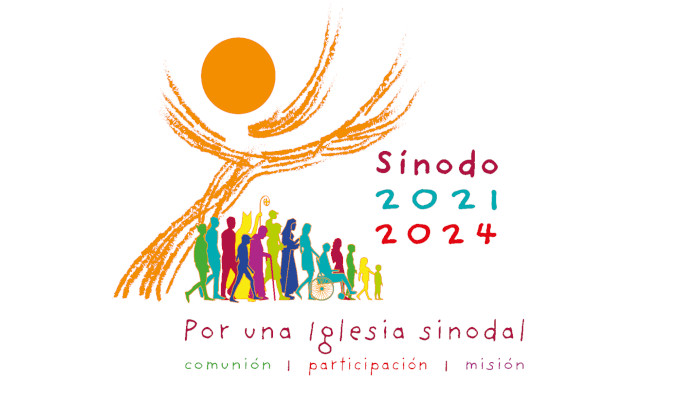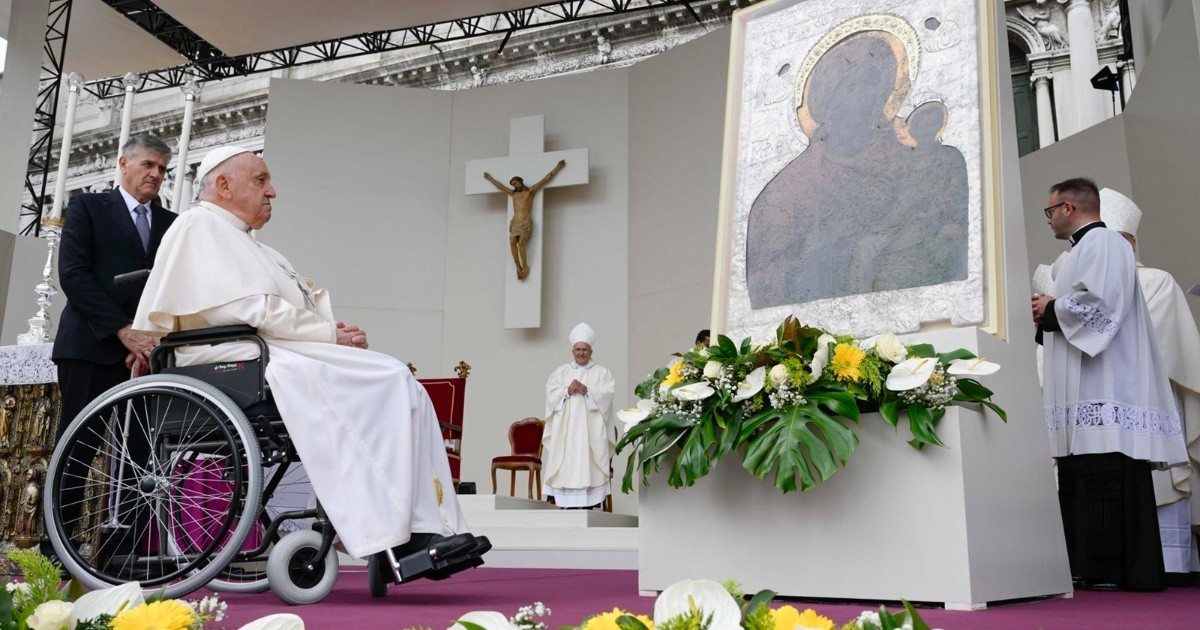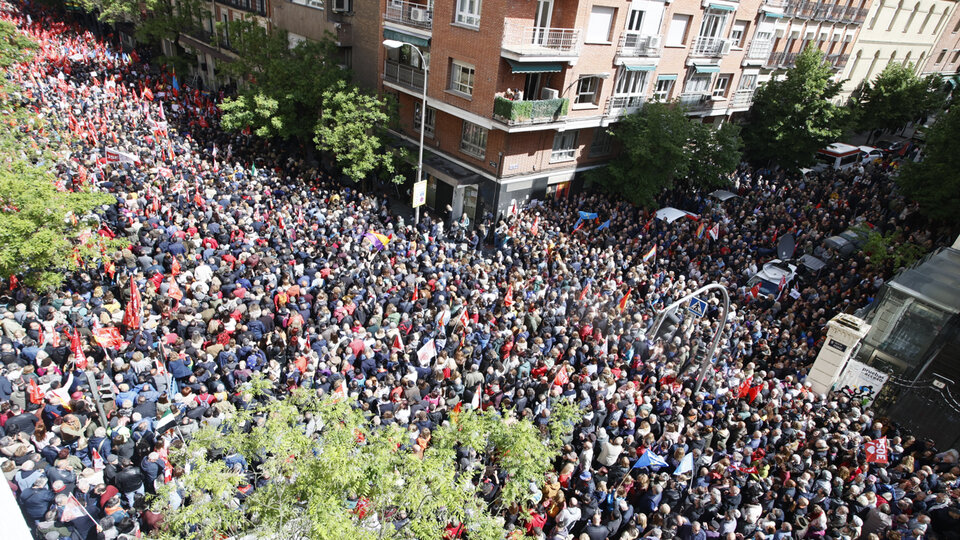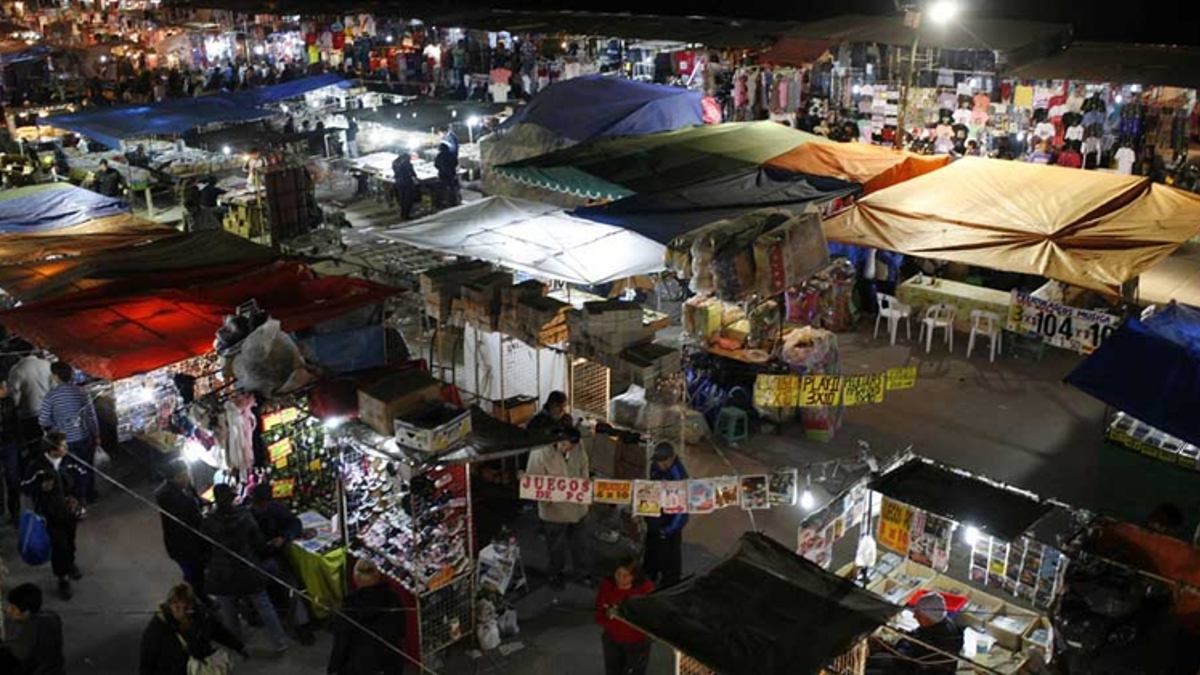(Catholic information) he textAfter the introduction the following structure:
a. For the Congregational Church. A comprehensive experience
B. Company, mission and engagement. Three priority issues for the conciliar church
Here are some worksheets. following:
Worksheets for B 1. Inc. Radiating
Files for B 2. Officials involved in the mission.
Sheets B3. Participation, Responsibility and Power.
The introduction contains the following introductory statements to paragraphs of the text:
flight so far
Working tool for the second stage of the synodal process
text structure.
Here are the following sections:
a. For the Congregational Church. Overall experience:
- A: 1. The distinguishing features of the Synodal Church
- A 2: A way for the Synodal Church: speaking by the Spirit
B. Company, mission and participation:
- B 1. Radiating company. How can we be a more complete sign and instrument of union with God and unity of the human race?
- B2. The officials involved in the task. How do we share the talents and tasks in the ministry of the gospel?
- B3. Participation, responsibility and authority. What are the necessary processes, structures, and institutions in the Apostolic Synodal Church?
The text continues with different sections, and the following questions of distinction stand out:
What steps can the congregational church take to increasingly imitate its Master and Lord, who walks with all in unconditional love and proclaims the fullness of gospel truth?
How can each local church, subject to mission in the context in which it lives, enable, promote and integrate the exchange of gifts with other local churches, within the horizon of the one Catholic Church? How can local churches help to strengthen the Church’s universality in a harmonious relationship between unity and diversity, while preserving the specificity of each one?
How can the experience and fruits of the ecumenical path help to build a more collegial Catholic Church? How can the Synod help the Catholic Church to respond better to Jesus’ prayer: “that all may be one… that the world may believe” (Jn 17:21)?
In what way can we make the proclamation of the gospel communicable and understandable in different contexts and cultures, to favor the encounter of men and women of our time with Christ? What are the links that we can establish with believers of other religions, and develop a culture of encounter and dialogue?
To what extent is the Church today prepared and equipped for the task of proclaiming the Gospel with conviction, freedom of spirit, and effectiveness? In what way does the perspective of the conciliar church change the understanding of the mission and make it possible to express its different dimensions? How does understanding the Synod enrich the experience of doing mission together?
How can we advance in the Church toward a true and effective shared responsibility in an apostolic key for the full realization of the vocations, gifts and ministries of all the baptized? How is it possible to achieve that the most conciliar church is the “church of all ministries”?
What concrete steps can the Church take to renew and reform its institutional procedures, arrangements and structures, so as to allow for greater recognition and participation of women, including in governance and decision-making processes, in the spirit of communion and with the purpose of mission?
How do we encourage in the Church a mentality and concrete forms of shared responsibility in which the relationship between baptismal services and priestly service is fruitful? If the whole church is ministry, how can we understand the specific gifts of ordained ministers within God’s one people from a missionary perspective?
How do we understand the bishop’s call and message from a synodal missionary perspective? What is the renewal of the vision and the forms of concrete practice of the episcopal service required in the synodal church, which is characterized by shared responsibility?
How do we understand and exercise authority and responsibility in the shared service of God’s entire people? What do we need to renew in understanding and in ways of exercising authority, responsibility, and governance in order to grow as a conciliar and apostolic church?
How do we think about more participatory decision-making processes, that make room for societal listening and discernment, supported by power as a service to unity?
The congregational church needs to live shared responsibility and transparency: how can this awareness be the basis for reforming institutions, structures and procedures in order to consolidate change over time?
In view of the conciliar experience thus far, how could synodality find better expression in and through institutions that include groups of local Churches, such as the Synods of Bishops and the Conferences of Primates of the Catholic Eastern Churches, Episcopal Conferences and Continental Assemblies, so that it “considers them as having specific qualities, including also Some Authentic Doctrinal Authorities” (Evangelium Gaudium 32), from a missionary perspective?
In light of the dynamic and circular relationship between the Church Synod, the episcopal collegiate, and the primacy of Petra, how can the institution of the Synod be so perfected as to become a sure and assured space for the exercise of the Synod, ensuring the full participation of all—the People of God, the Episcopal Synod, and the Bishop of Rome—respecting their respective functions? How can the experience of the participatory communication of a group of “non-bishops” at the first session of the Ordinary General Assembly of the Synod of Bishops (October 2023) be assessed?




:quality(85)/cloudfront-us-east-1.images.arcpublishing.com/infobae/7WNJFGDL7JCGBPDFCF4AVJNMX4.jpg)
